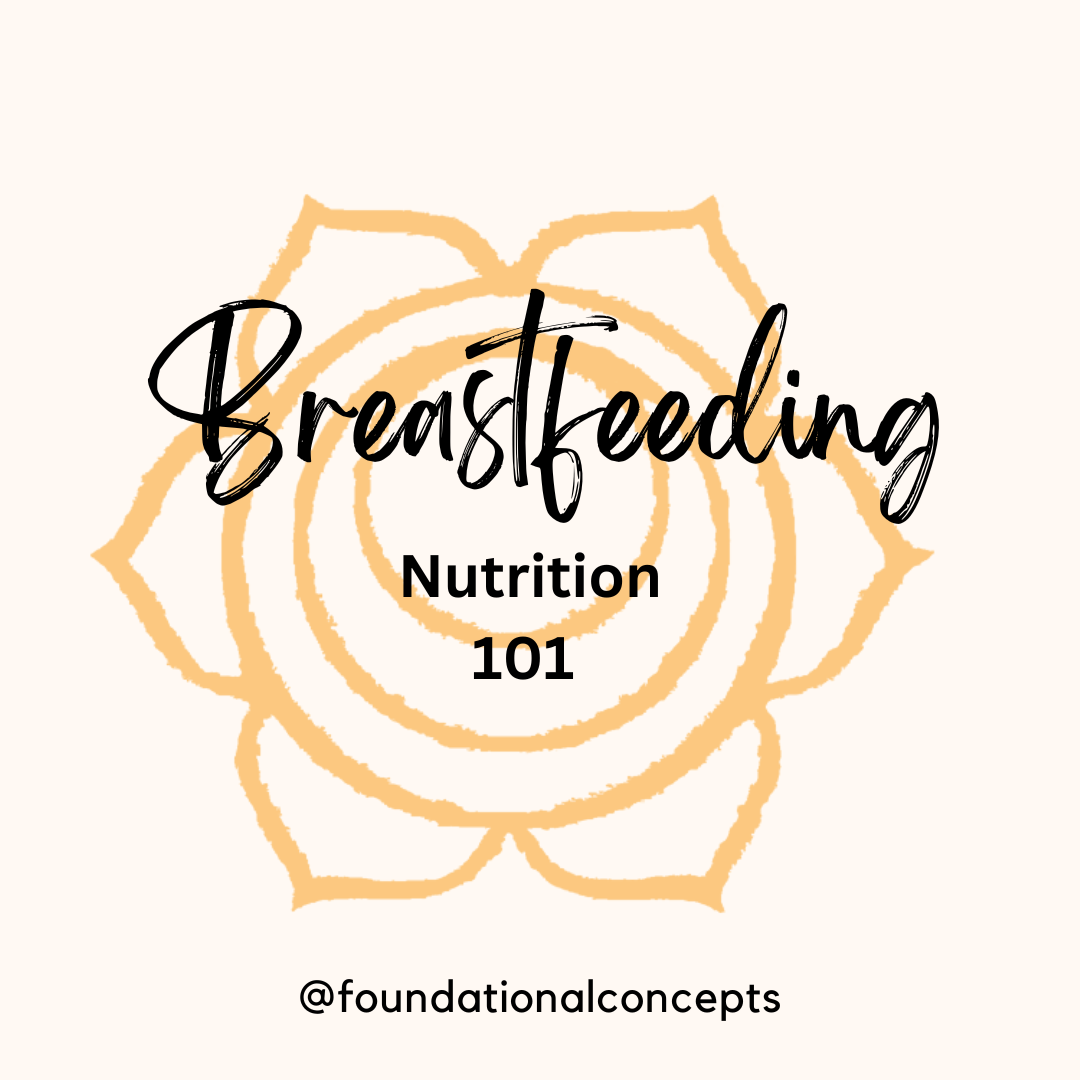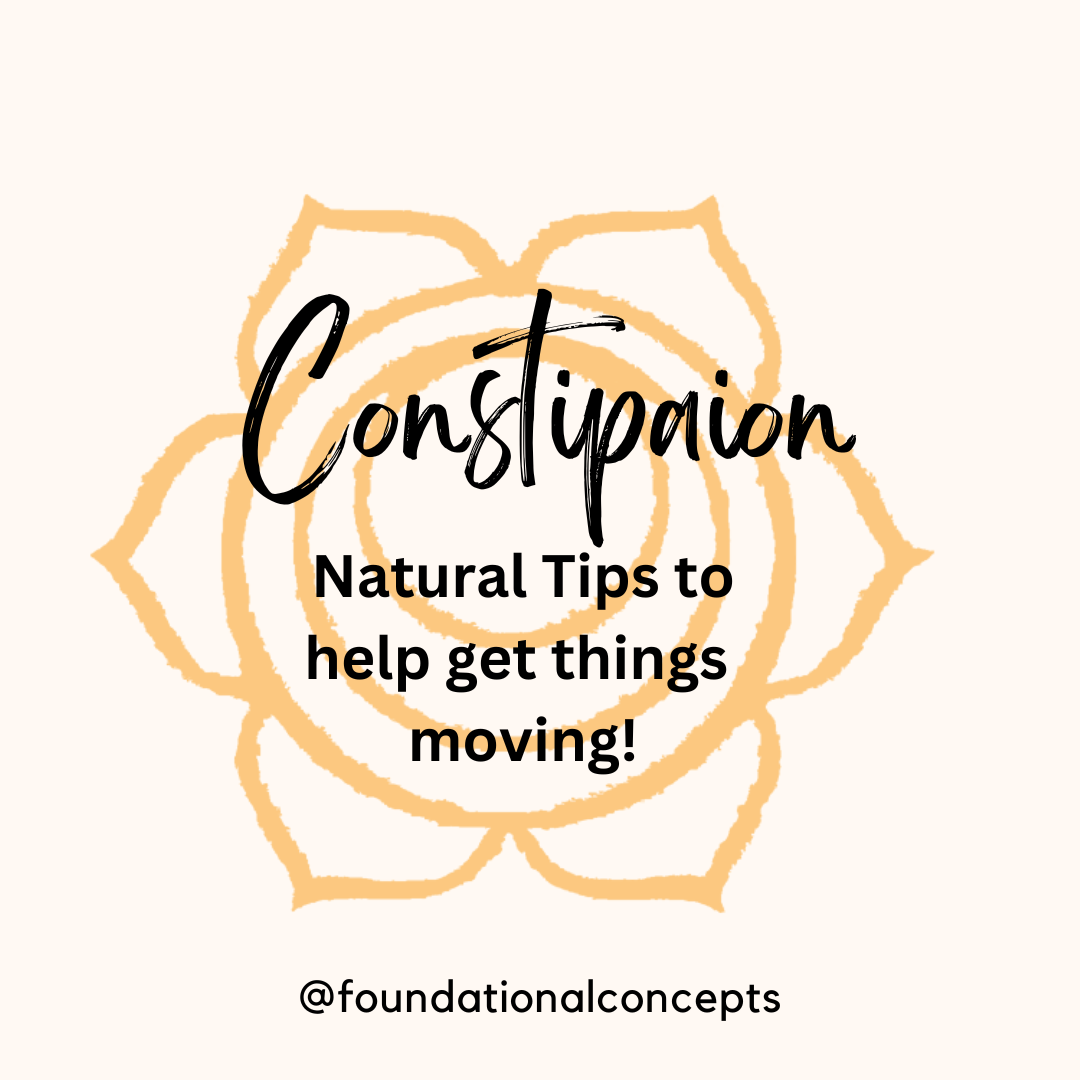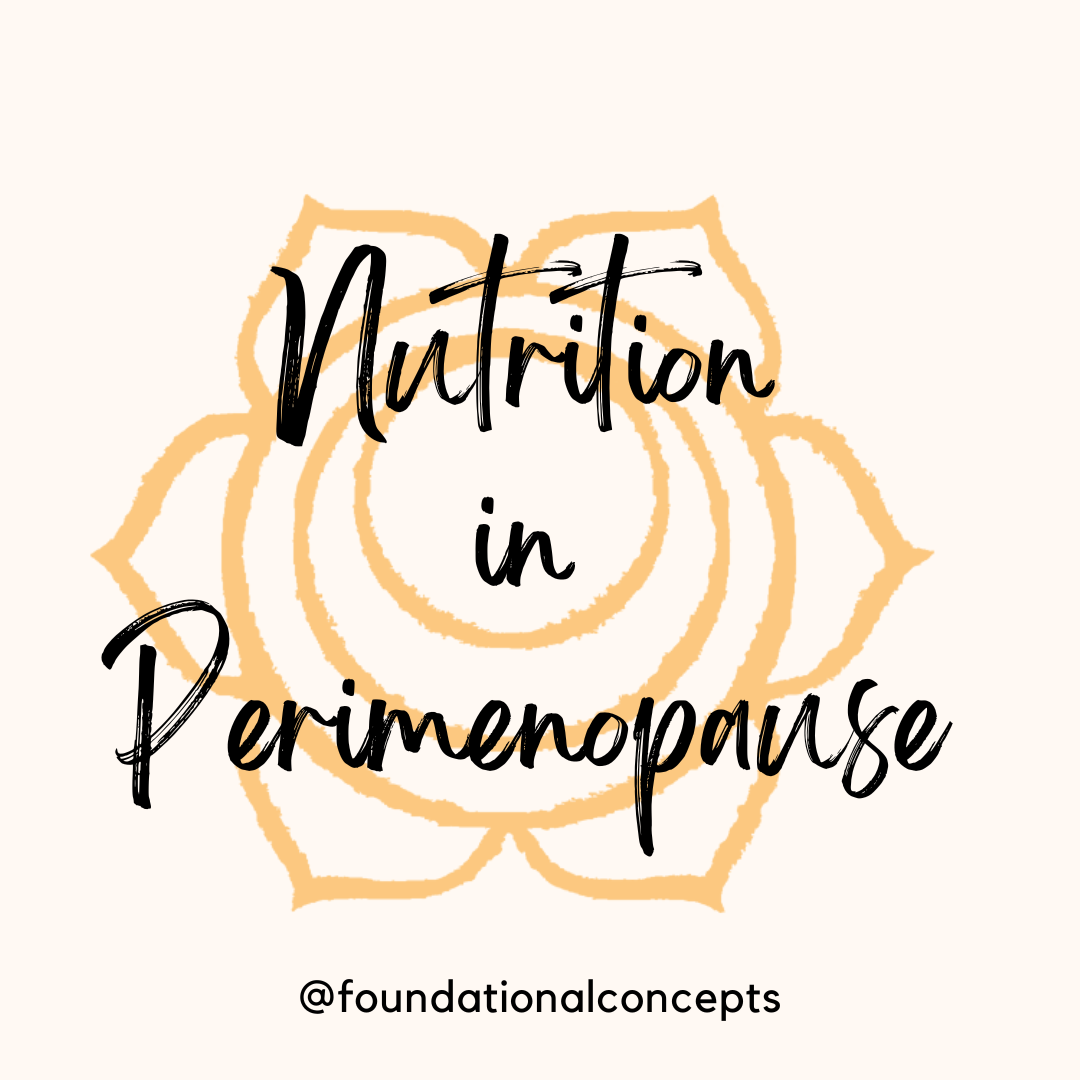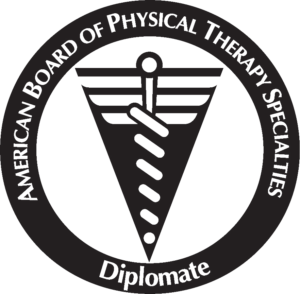Nutrition plays such an important role in our pregnancies and post-partum periods. Breastfeeding requires time…
Pelvic Girdle Pain During and After Pregnancy
Visiting with friends for their daughter’s 1st birthday this weekend. Talking with her, I found out that she has had a great deal of pain for the past few years. She has pretty constant pain on her left side, very low back into her buttock and the back of her thigh. She felt like this was just as good as she could expect to feel after having two children! I had to share my very strong opinion about how important it is that we see a pelvic physcial therapist after baby to rehab our abdominal and pelvic region to prevent problems such as the pelvic girdle pain she is experiencing.
Pelvic girdle pain during pregnancy and post-partum is common in 20-25% of women who are pregnant (Vleeming, et al) and 6-8% of women post-partum (Wu, et al). Women typically experience pain near the sacroiliac joint, into the buttock, back of the thigh or pubic bone. It often is worse with sitting, coming up to standing, rolling in bed and prolonged walking. The most common risk factors for developing pelvic girdle pain is a previous history of low back or pelvic girdle pain, and having had multiple pregnancies or deliveries. Of course! What can we not blame on pregnancy and/or delivery of those sweet little things? They make our lives amazing, but leave our bodies like a war zone, and we are left to just hope and pray that things heal as they should. If you are left with pain or incontinence, well that is just the price you pay to have children, right? Wrong!
If you are experiencing pain very low in your back, almost at the top of your buttock, over those “dimples” that you see over the sacroiliac joint, then you may have pelvic girdle pain. Pelvic girdle pain is the name for any pain that is in the pubic, sacroiliac, buttock or thigh region. It is more common in women, especially in the childbearing years during pregnancy and after baby. Usually women begin to experience it between 24 and 32 weeks into their pregnancy. If you experience it during pregnancy you may deliver and it goes away completely, or it may linger. The good news is physical therapy is a great treatment for it, and you don’t have to listen to the “well, you are pregnant” excuses from those around you. Especially after baby. Don’t let them convince you that you can’t expect to feel good after having children. You can! A women’s health physical therapist can get you there.
So what causes pelvic girdle pain during pregnancy and post-partum? Not to harp on previous topics, but that “core” musculature that we seem to keep talking about blog after blog applies here too. It isn’t just your pelvic floor muscles that are impacted by pregnancy and delivery. The abdominal wall is compromised greatly to accommodate that bundle of joy that has taken over your body. The diaphragm is strained due to the changes in the size of your rib cage and forced to work harder (which is why you feel out of breath more easily). Your Lumbar spine accommodates the changes too, by appearing more “curved” like your belly is pulling it forward. So the “core” muscle function is greatly reduced during those nine months. After the battle of labor and delivery (even if you have a C-section) we are a floppy mess! And really, even you skinny fit women know what I am talking about after baby, don’t pretend you don’t! We have all been there, somewhere between 2-6 weeks after delivery, standing in front of the mirror when you get up the nerve to look at yourself naked, or in your panties thinking “ugh, what happened to my body!?”
With the changes in hormone levels during pregnancy and after baby our musculoskeletal system is provided the ability to move and flex to allow for delivery of baby and whether you deliver vaginally or by C-section, you are still designed to be very flexible, which sets up the pelvic girdle for possible problems during this time in our lives. Ligaments must accommodate the joint laxity that the hormones provide. Mens, et all found that women who experience pelvic girdle pain have 32-68% more motion in the pelvic joint when compared to healthy controls. The muscles and ligaments are also under significant stress during pregnancy due to carrying 25-45 extra pounds. This changes our biomechanics significantly. Our center of gravity is shifted from a more central location through the pubic symphysis to a more anterior location, which pulls us forward and forces adaptations at the head and neck, spine, pelvis and hips and knees.
With these drastic changes to our bodies, there are several structures that can cause pain. It is important that your health care provider rule out some other things that could be the culprit. Lumbar spine disc lesion and hip joint pathology can often mimic symptoms of pelvic girdle pain. A good physical therapist can rule these different diagnoses out, and help you find the appropriate practitioner. It is also possible that bone or soft tissue infections maybe causing your pain. Urinary tract infections, deep vein thrombosis (or blot clots), certain obstetric complications are rare, but serious concerns that need to be screened for. Finding a Physical Therapist who is knowledgeable and has experience in women’s health and pelvic therapy is important and will provide you with an accurate diagnosis and effective treatment for your pain.
Often treatment for pelvic girdle pain is just 4-6 weeks of therapy. After evaluating your body and determining the cause of your pain, your physical therapist will design a treatment plan of care to fit your needs. This usually includes manual therapy to the joint and tissues that are involved. Strengthening exercises for the muscles found to be weak, and flexibility exercises for those that are tight and limiting normal body movements. We often provide a lot of education regarding labor and delivery positioning and pain management. Posture is important, and we will talk about that with you until we are blue in the face, but if you leave our clinic and go home and slouch all day you are undoing all our hard work!!! We will spend time discussing the importance of care of your scar if you had a tear or episiotomy. We will discuss posture, and body mechanics when caring for baby and breast feeding. We will help to develop a great exercise program to get your core back to a fitness level that you would like.
Rehabilitation after baby is not a hope and prayer that you are one of the fortunate ones who don’t have a loose flabby tummy, back pain, incontinence or pain with sex. It is up to you to seek out help for these concerns. Unfortunately, our standards in the United States have not reached those in Europe where every woman sees a rehab specialist after baby to rebuild that war zone we are left with. Our society leaves us feeling as though we are blessed we only leak a little when we sneeze and that well, what more can we expect? I will tell you for certain, expect to get back to running, cycling, walking, swimming, jumping…whatever you want! I can help you get there! Don’t let it go, it is a fun and easy process of bringing balance back to your pelvis and abdominal region and that body in the mirror doesn’t have to be a disappointing one.
–Sarah Dominguez, PT, MSPT, CLT, WCS
This blog is here for your help. It is the opinion of a Licensed Physical Therapist. If you experience the symptoms addressed you should seek the help of a medical professional who can diagnose and develop a treatment plan that is individualized for you. If you enjoyed this blog, check out our website at foundationalconcepts.net for more blog entries and to learn more about our specialty PT practice, Foundational Concepts. Follow us on Twitter @SarahpelvicPT or @Jenn_pelvic_PT and like us on Facebook at Foundational Concepts for updates.








This Post Has 0 Comments